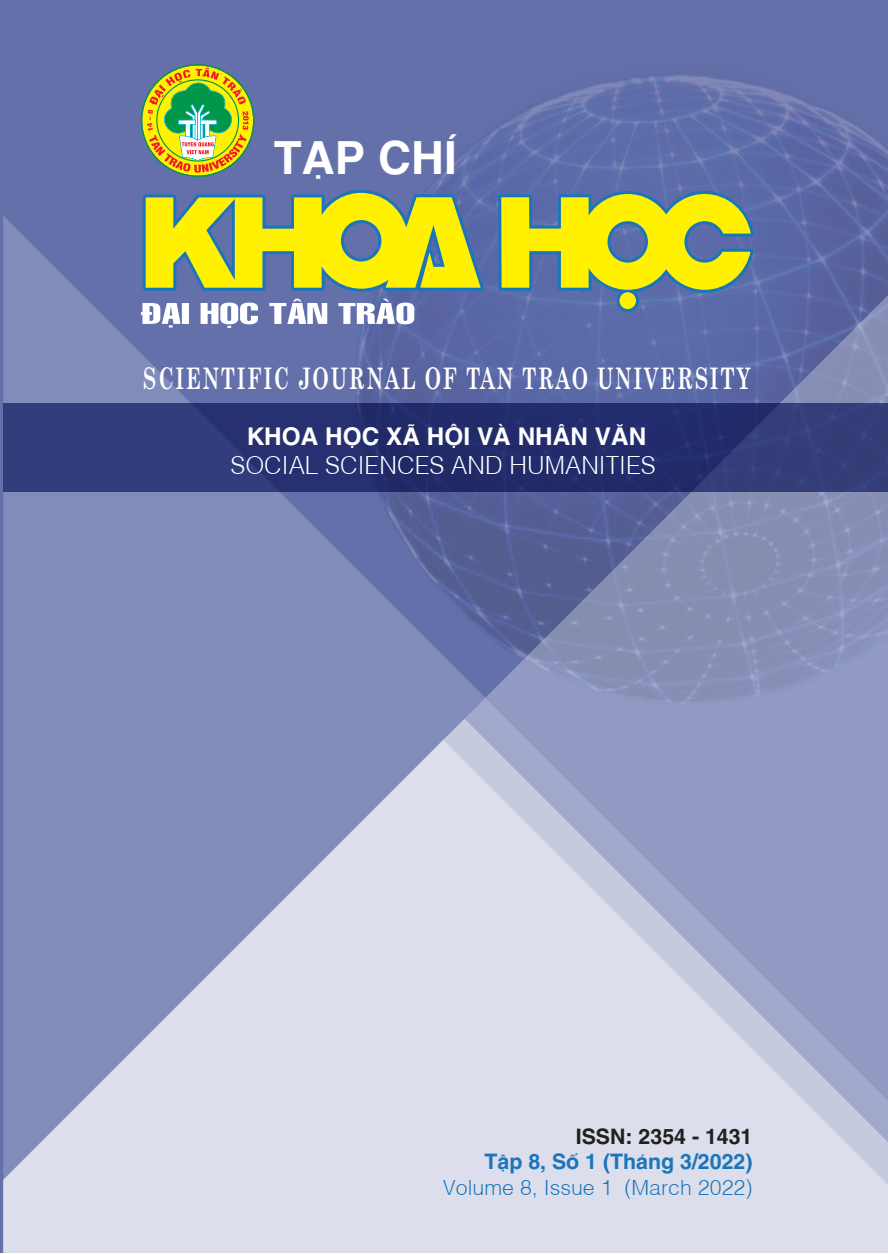FINDING OUT THE ROLE OF JUDICIAL PRACTICE FROM THE ESTABLISHMENT OF THE SUPPLIAL PEOPLE’S COURT UP TO THE FIRST CODIFICATION (1960-1985) IN CRIMINAL LAW SUBJECT IN VIETNAM
DOI:
https://doi.org/10.51453/2354-1431/2022/739Keywords:
Digital transformation, Technology 4.0, higher education, current trend, digital resourcesAbstract
During the 25-year period without codification of the criminal Lawof Vietnam (1960-1985), trial practice as one of the sources of criminal law has played a great and important role in contributing to the development of legal profession in Vietnam from after the Revolution to the promulgation of the Penal Code in 1985 on three aspects: formation, creation and development of criminal law norms.
Downloads
References
[1] Directive No. 46-TH dated January 14, 1969 of the Supreme People's Court.
[2] Systematize the criminal law. Volume I (1945-1974). Supreme People's Court published. Hanoi, 1975
[3] Systematization of criminal law. Volume II (1945-1974). Supreme People's Court published. Hanoi, 1975
[4] Law No. 18 of July 14, 1960 of the Democratic Republic of Vietnam.
[5] Penal Code No. 15/1999/QH10 of the National Assembly of Vietnam
[6] Criminal No. 100/2015/QH13 of the National Assembly of Vietnam
[7] Criminal Procedure Law No. 101/2015/QH13 of the National Assembly of Vietnam
[8] Law on Organization of Criminal Investigation Agencies No. 99/2015/QH13 of the National Assembly of Vietnam
[9] Law on enforcement of custody and temporary detention No. 94/2015/QH13 of the National Assembly of Vietnam
[10] Law No. 12/2017/QH14 amending and supplementing a number of articles of the Penal Code No. 100/2015/QH13 dated June 20, 2017 of the National Assembly of Vietnam.
Downloads
Published
How to Cite
Issue
Section
License

This work is licensed under a Creative Commons Attribution-ShareAlike 4.0 International License.
All articles published in SJTTU are licensed under a Creative Commons Attribution-ShareAlike 4.0 International (CC BY-SA) license. This means anyone is free to copy, transform, or redistribute articles for any lawful purpose in any medium, provided they give appropriate attribution to the original author(s) and SJTTU, link to the license, indicate if changes were made, and redistribute any derivative work under the same license.
Copyright on articles is retained by the respective author(s), without restrictions. A non-exclusive license is granted to SJTTU to publish the article and identify itself as its original publisher, along with the commercial right to include the article in a hardcopy issue for sale to libraries and individuals.
Although the conditions of the CC BY-SA license don't apply to authors (as the copyright holder of your article, you have no restrictions on your rights), by submitting to SJTTU, authors recognize the rights of readers, and must grant any third party the right to use their article to the extent provided by the license.


